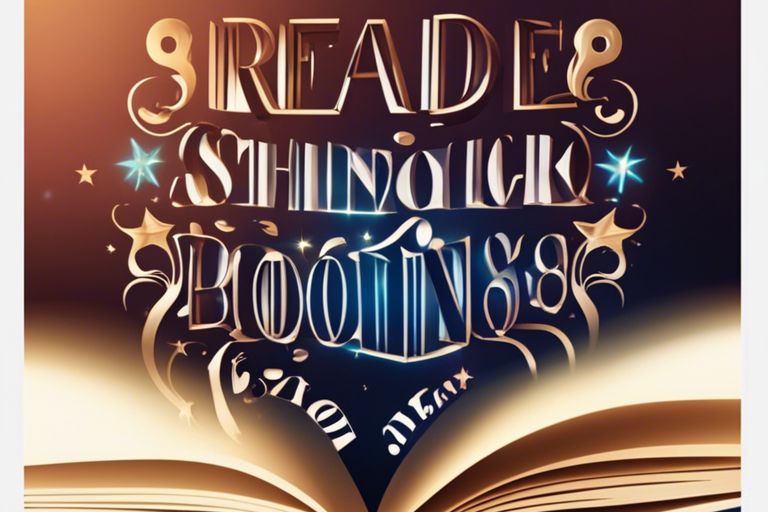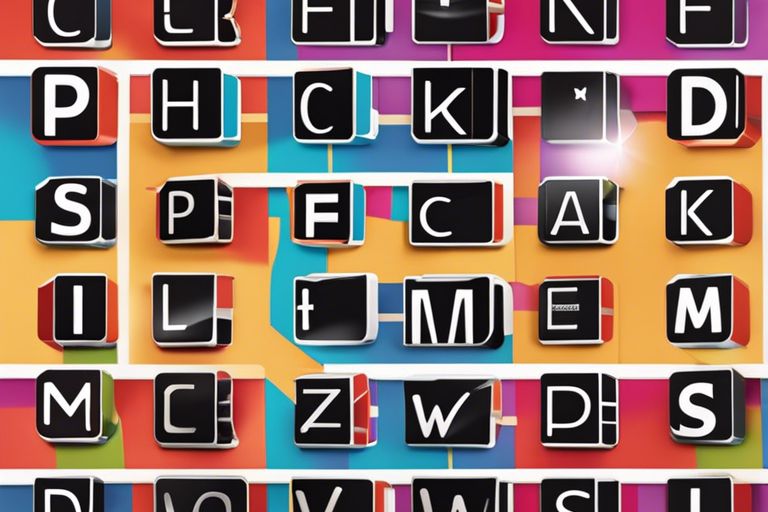Why assess Phonics?
Assessing phonics is an important part of the reading process because it helps teachers and parents to identify a child’s strengths and weaknesses in decoding and reading fluency. Phonics assessment allows teachers and parents to determine if a child is making progress in their phonics skills or if they need additional support.
Assessing phonics also allows teachers and parents to customise their instructions to meet the specific needs of each child. By identifying which phonics skills a child has mastered and which ones they need more practice with, teachers and parents can tailor their instruction and activities to address those areas of need.
Phonics assessment can also help to identify students who may be at risk for reading difficulties or who may have a learning disability that is impacting their phonics skills. Early identification and intervention can be critical for these students, as it can lead to more effective and timely support.
In summary, assessing phonics is important for identifying a student’s phonics skills, determining areas of need, and customising instruction to help students improve their reading skills.
How to assess phonics
There are a variety of ways to assess phonics skills in children. Here are some methods that are commonly used:
Decoding Assessment: A decoding assessment typically involves asking a student to read a list of words that contain specific phonics patterns or sound-symbol relationships. This can be done orally or in written form, and the child’s accuracy and fluency are typically measured.
Word Recognition Assessment: A word recognition assessment typically involves showing a child a list of words and asking them to identify the words as either real or nonsense words. This can be done orally or in written form, and the child’s accuracy and fluency are typically measured.
Phoneme Segmentation Assessment: A phoneme segmentation assessment typically involves asking a student to break apart a spoken word into its individual sounds or phonemes. This can be done orally or in written form, and the child’s accuracy and fluency are typically measured.
Spelling Assessment: A spelling assessment typically involves asking your child to spell words that contain specific phonics patterns or sound-symbol relationships. This can be done orally or in written form, and the child’s accuracy and understanding of phonics rules are typically measured.
Running Records: Running records are a type of assessment that involves listening to a student read aloud and noting errors and self-corrections. Running records can provide insight into a child’s phonics skills, as well as their reading comprehension and fluency.
When assessing phonics skills, it’s important to consider a child’s age, reading level, and individual needs. It’s also important to use multiple assessment methods to get a comprehensive understanding of a child’s phonics skills.
Assessment Resources
Phonics Screening Check Year 1: Preparation For Phonics Screening Assessment
Phonics Screening Check Year 1: Preparation For Phonics Screening Assessment is a paperback book designed to help children prepare for the phonics screening check that takes place at the end of Year 1 in the UK. The book is written by phonics experts and is based on the National Curriculum.
This preparation book covers all the phonics sounds and graphemes that children are expected to know for the screening check, including alternative spellings and tricky words. It includes practice activities and sample questions to help children develop their decoding skills and build their confidence ahead of the assessment.
The book also includes guidance and tips for parents and teachers on how to support children’s phonics learning and prepare them for the screening check. It provides information on the format of the check, what to expect on the day, and how to interpret the results.
Phonics Screening Practice: Prepare for the Phonics Screening Check - Year 1
Phonics Screening Practice: Prepare for the Phonics Screening Check – Year 1 is a paperback book that helps children prepare for the Phonics Screening Check that takes place at the end of Year 1 in the UK.
This practice book covers all the phonics sounds and graphemes that children are expected to know for the screening check, including alternative spellings and tricky words. It includes practice activities and sample questions to help children develop their decoding skills and build their confidence ahead of the assessment.
It also includes guidance and tips for parents and teachers on how to support children’s phonics learning and prepare them for the screening check. It provides information on the format of the check, what to expect on the day, and how to interpret the results.
Jolly Phonics Reading Assessment
The Jolly Phonics Reading Assessment is a comprehensive tool designed to help teachers assess children’s reading progress as they learn to read with the Jolly Phonics program. The assessment provides a range of reading tasks and activities that cover the five key skills of reading: phonemic awareness, phonics, fluency, vocabulary, and comprehension.
The assessment includes a range of reading texts, including fiction and non-fiction, and covers a range of difficulty levels to suit different reading abilities. The book provides clear guidance for teachers on how to administer the assessment and interpret the results, including how to identify areas where children may need extra support.
Phonics Practice Checks for Ages 5-7 (Year 1)
Phonics Practice Checks for Ages 5-7 (Year 1) is a useful resource for teachers and parents who are looking to support children’s phonics development and help them prepare for the phonics screening check. By providing practice checks and additional activities, the book enables children to build their confidence and improve their performance in phonics assessments.
Phonics Practice Checks for Ages 5-7 (Year 1) is a paperback book that includes three practice phonics assessments, additional activities, and mark schemes. It is designed to help children prepare for the phonics screening check, which is a statutory assessment in Year 1 of the National Curriculum in England.
New Spelling Flashcards
These flashcards are designed to help children improve their spelling skills through a range of activities and exercises. The cards feature a variety of words with different spelling patterns and are colour-coded to help children remember the different patterns. The set includes 55 cards with over 300 words, as well as instructions for use.
Jolly Phonics Handbook
The Jolly Phonics Handbook is a comprehensive guidebook for teachers and parents using the Jolly Phonics program. It provides a detailed overview of the program and how to teach phonics using a multi-sensory approach.
The handbook includes step-by-step guidance on teaching each letter sound, blending sounds to read words, segmenting words to spell them, and teaching tricky words.
Common Exception Words Flash Cards: Reception, Year 1 and Year 2 Words
The Common Exception Words Flash Cards are designed to help children in Reception, Year 1 and Year 2 learn and practise reading common exception words. The words are carefully selected to include those that are commonly used but cannot be decoded using phonics rules, hence the term “common exception words”.
The cards can be used in a variety of ways to reinforce learning, such as practising reading the words, matching the words to pictures, or playing memory games. They are suitable for home learning or in the classroom and can be used independently or with adult support.
Meet the Phonics Digraphs
Meet the Phonics – Digraphs – Flashcards focus on digraphs, which are pairs of letters that represent a single speech sound. The set includes 56 cards with colourful illustrations and examples of digraphs, such as “ch,” “sh,” “th,” “ph,” and “wh.”
The cards can be used to teach children the sounds and spelling patterns of digraphs, as well as to help them recognise and read words that contain these letter combinations. The flashcards are suitable for use in both home and classroom settings and are a helpful tool for parents and teachers who are teaching phonics to young children.
Grammar, Punctuation and Spelling activities for Ages 6-7 (Year 2)
This workbook is designed for children in Year 2 (ages 6-7) who are working at a greater depth in grammar, punctuation, and spelling. It includes a pupil’s workbook and practice tests for the SATs Challenge. The workbook contains various activities and exercises that cover a range of topics such as sentence structure, punctuation, spelling, and grammar. The practice tests are designed to help children prepare for the SATs and assess their progress. The book is suitable for both home and classroom use, and it is an excellent resource for parents and teachers who want to support their children’s learning and development in these areas.
Assess Fluency in Reading: Reception to Year 6
Assess Fluency in Reading: Reception to Year 6 (Collins Big Cat) is a paperback book designed to help teachers and parents assess children’s reading fluency.
The book is divided into year groups from Reception to Year 6 and contains a range of fiction and non-fiction texts, each accompanied by a set of assessment criteria and a recording sheet. The assessment criteria are based on research-based fluency indicators, such as accuracy, rate, and expression, and enable teachers to identify areas where children may require additional support.





















